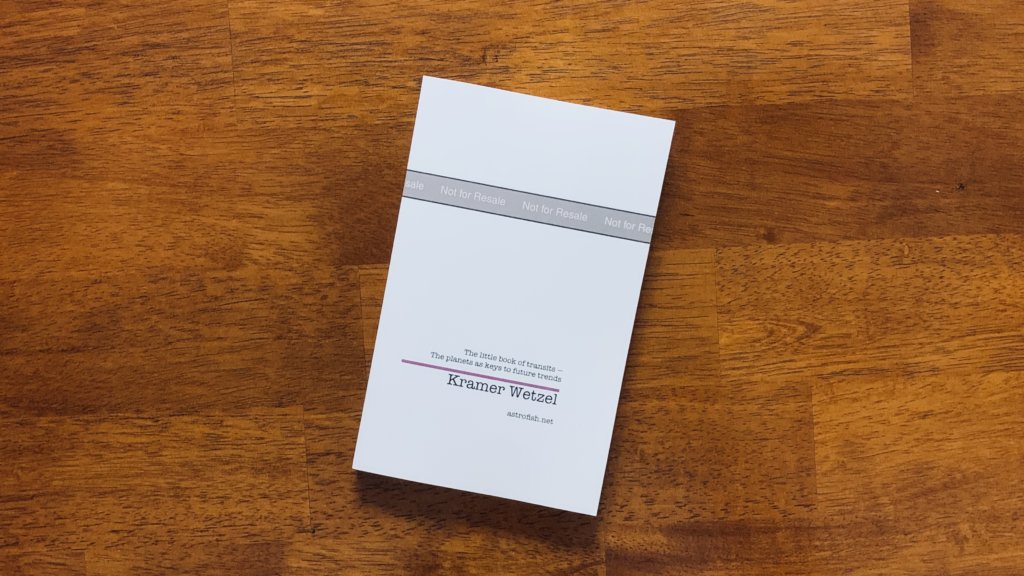Road to Richard III
“Sword, hold thy temper; heart, be wrathful still:
Priests pray for enemies, but princes kill.”
- Richard Plantagenet on the field of St. Albans (Henry 6.2, V.ii.71)
Road to Richard III
“But thou art neither like thy sire nor dam,
But like a foul misshapen stigmatic,
Mark’d by the destinies to be avoided,
As venom toads, or lizards’ dreadful stings.”
- Queen Margaret (Henry 6.3 II.ii.137)
Said it before, in my early university courses, Henry 6 parts 1, 2, and 3 were glossed as inconsequential, and now, potentially collaborative works1. But buried within, the roots of later works are clearly visible, as this all points to that great royal villain, Shakespeare’s Richard III, perhaps one of the greatest villains of all literature. Made even better as this is truly “historical fiction,” nothing to prove he was as evil as Shakespeare painted him to be.
Seems like little “Dickey Boy” was a scrappy fighter. Who knew?
In my simple mind, then there are two ways to work through the plays, one would be the historical record, like when the play was allegedly set, especially with the history plays, do it in that order, then, in the order the plays were written as most of that is part of the historical record, as well.
Previously, Geek Pride.
The order of the plays is derived from records kept of performances, by the royal something, and that’s a known fact. In the three Henry the Sxith plays, best example, Part 2 was first, then came Part 1, with the conclusion arriving close on the heels of both. In proper sequence, though, it would be 1, 2, then 3.
My on-again, off-again fascination with these early plays comes from listening, reading, and other unrelated works, all dredged up.
I still recall the feeling, hearing a passage from one of the plays, read aloud by a voice actor, one of the various audio presentations of the complete works, I know how I felt, hearing the words come alive, as the character was about face certain doom.

“Most ‘government procurement’ is 90% cronyism, and 10% congressional incompetence. I may have those numbers backwards.”
- Yes, noted some five years back? ↩
#shakespeare